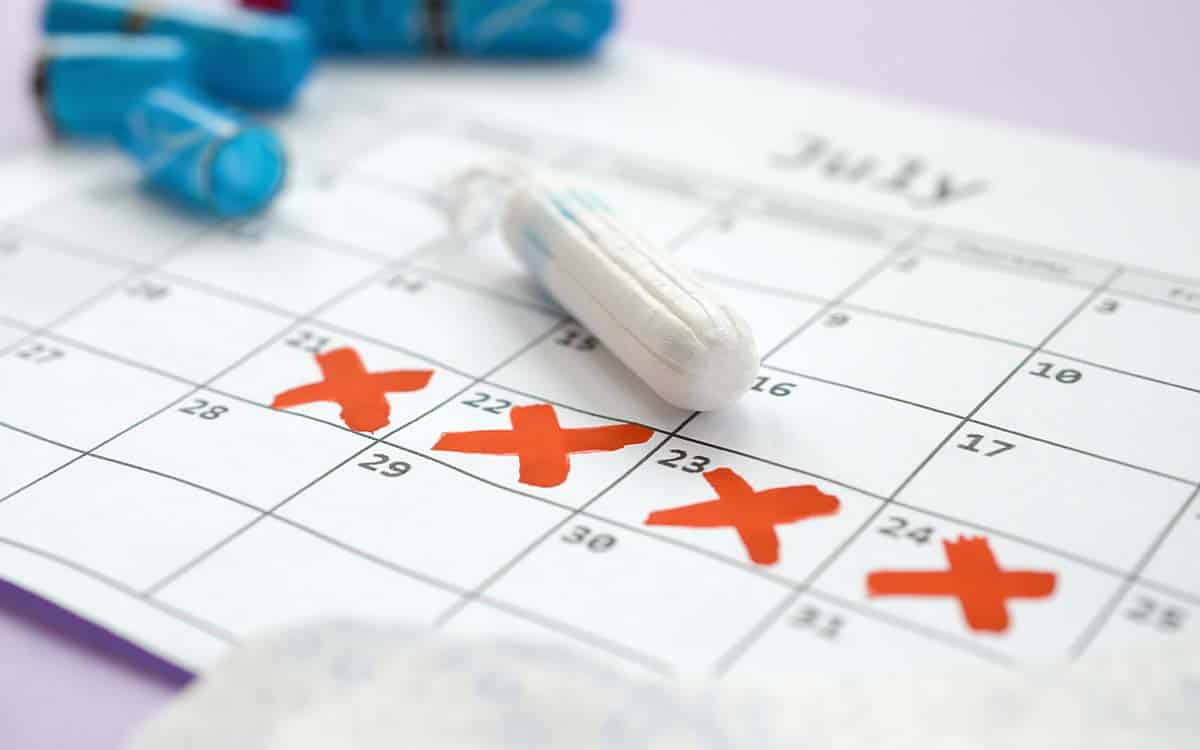There are some things in life that are predictable; your coworker showing up late with Starbucks, the ending to “The Titanic” movie, or your nighttime routine. Your menstrual cycle should be similarly predictable, and, if it’s not, there may be a reason for that. Let’s explore five different reasons your period may not be coming regularly or may not be coming at all.
Pregnancy: If you’re sexually active, pregnancy may be the cause for a missed or late period. During pregnancy, your body does not release an egg every month (also called ovulation) so you won’t have a period. You can confirm or rule out pregnancy with either an at home pregnancy test or a blood test in your doctor’s office.
Menopause: If you’re over the age of 45, perimenopause or menopause may be the cause of your missed or absent periods. During menopause your body decreases the amount of estrogen that it produces, and without the higher amounts of estrogen your body does not ovulate. This is considered a normal part of aging and should not be a cause for concern.
Stress: If you have been experiencing higher levels of stress in your life recently, this may be contributing to irregular or missed periods. When you’re stressed your body releases a hormone called cortisol, and this cortisol disrupts the production of the hormones you need to ovulate. You should consider practicing stress relieving techniques; this could include getting more sleep, taking time for exercise, deep breathing, or seeking professional help through a mental health provider.
Weight Loss: If you’ve lost weight recently, especially if it’s from excessive exercise or dieting, this could be a cause of your irregular or missing period. When your body is not getting the calories that it was accustomed to, it can interpret this change as stress, just like the stress we previously described. This can cause your body to stop producing the hormones needed for ovulation.
Polycystic Ovary Syndrome (PCOS): In polycystic ovary syndrome, your ovaries have little fluid pockets, or cysts, on them. These cysts can affect the hormones that your ovaries produce, and they can affect your ability to ovulate mature eggs every month.
There are additional causes of irregular or missing periods, but do you see a common theme here? When your body is disrupted in a way that interferes with your hormones, your ovulation can be affected and thus your period is affected. You should talk with your healthcare provider if you have experienced a missing or irregular period for over three months.
References
- “Stopped or missed periods”. NHS, National Health Service. 02 August 2019.
- “Perimenopause” Cleveland Clinic, Cleveland Clinic. 05 October 2021.
